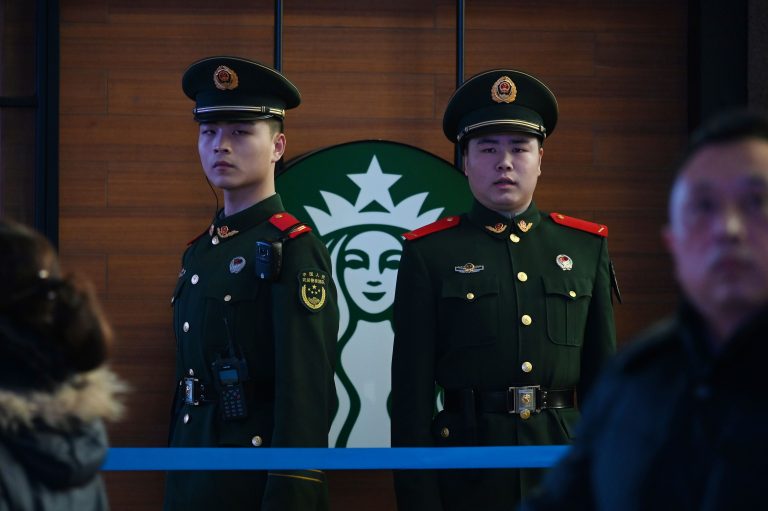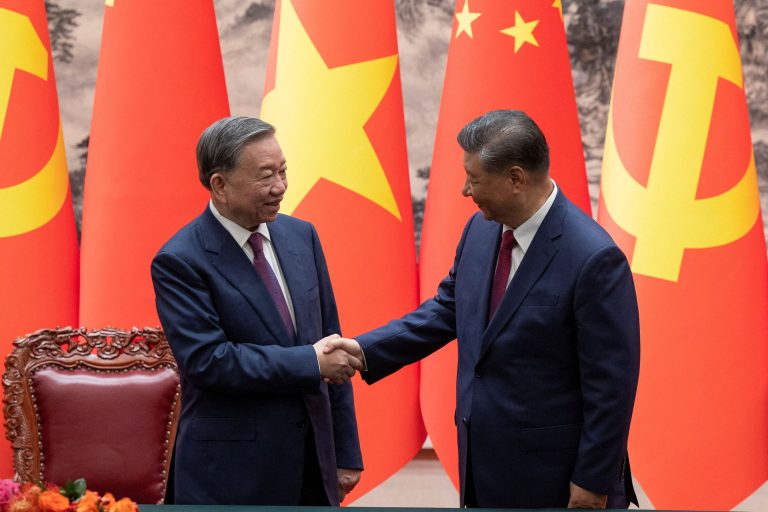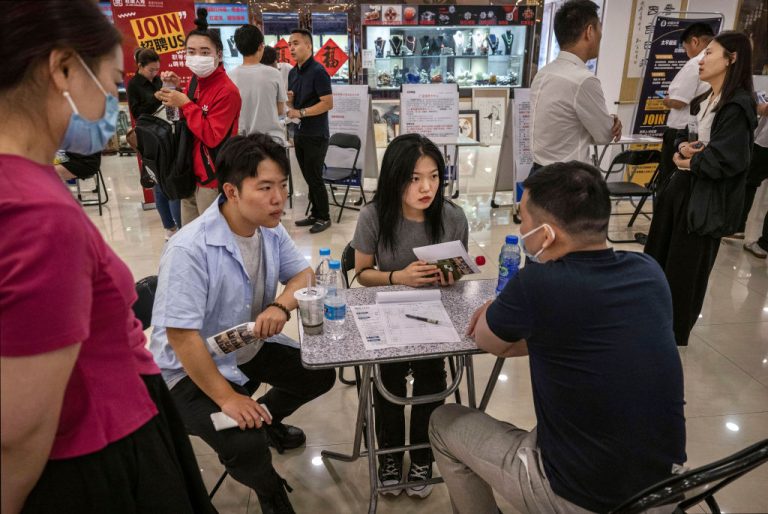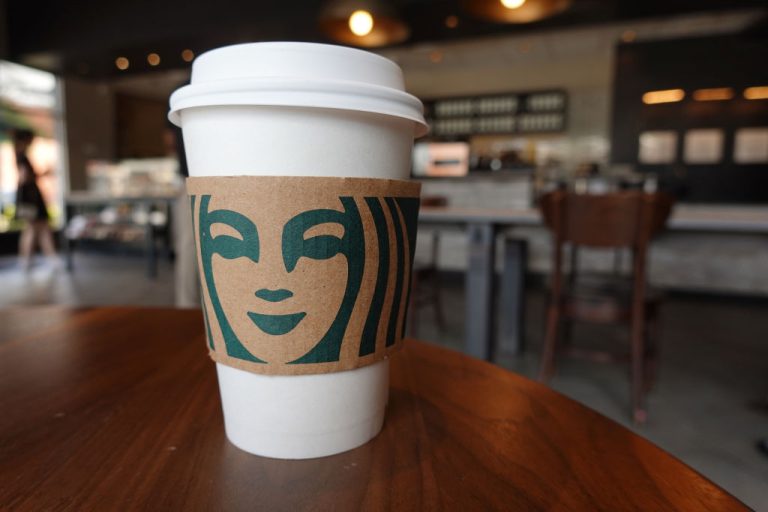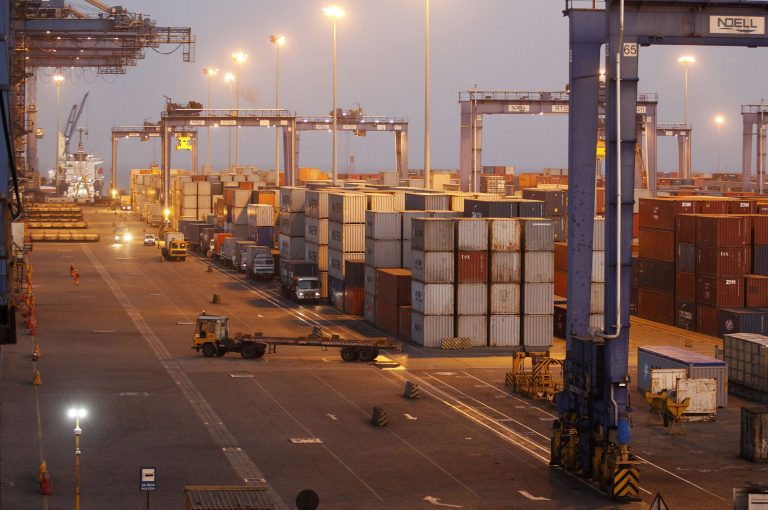By Tianzi Yang
A report published on Dec. 14 described a Chinese reporter trying to expose food safety problems at a Starbucks in Wuxi, a city near Shanghai. News of the report was seen trending across China’s tightly censored Internet and many people have since commented on the issue.
The Chinese Communist Party (CCP)’s media reports of the incident have triggered a new wave of boycotts against foreign companies.
Hit piece on Starbucks
Driven by the CCP’s “wolf warrior diplomacy,” xenophobia has been on the rise, with some domestic policies beginning to backfire. “Wolf warrior” refers to the aggressive style of diplomacy adopted by Chinese diplomats in recent years.
According to mainland media reports, the undercover reporter, who works for state-media Xinjing News, disguised himself as a job seeker in late October and went through three rounds of interviews before being hired at a Starbucks store in Wuxi, which is in Jiangsu Province.
Success
You are now signed up for our newsletter
Success
Check your email to complete sign up
On Dec. 13, the reporter published an investigative article, claiming that two Starbucks stores had been using expired ingredients. In the exposé, the reporter claimed that the expiration dates of some ingredients had been tampered with and extended by supervisors and store employees.
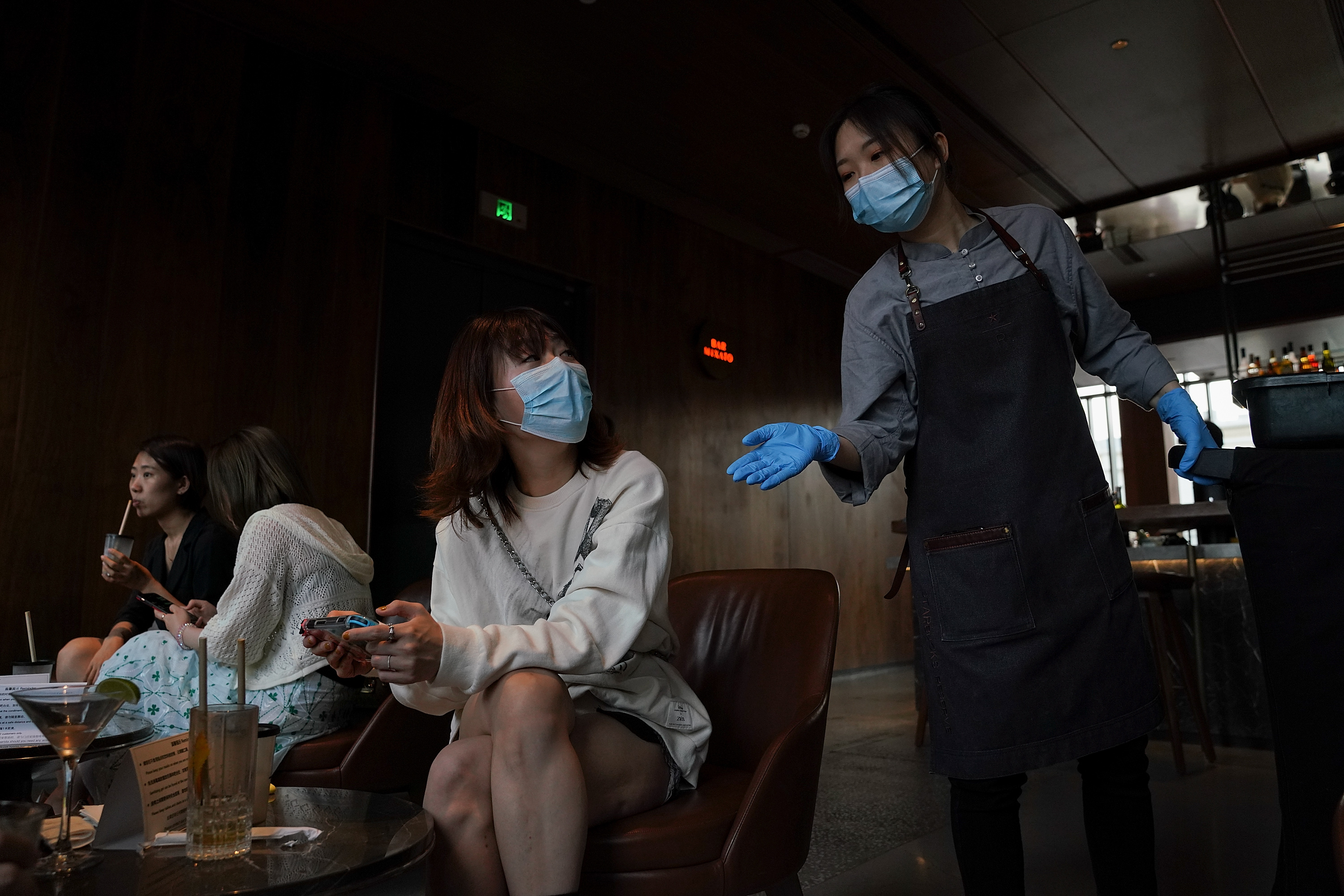
The incident sparked the attention of several state-media in China. People’s Daily Online and Global Times both published statements criticizing Starbucks, with the former issuing a commentary declaring that Starbucks’ practices were “shocking and intolerable,” and asking the U.S. company to “stop wallowing in its own glory.”
The news immediately made the day’s hot-search list. Starbucks released a message on its Weibo account shortly after stating that it was aware of the article and that the company has a zero-tolerance approach in regards to food safety standards. The company has since closed two stores in Wuxi and launched an internal investigation. Starbucks also apologized for the problem and said it was deeply shocked and saddened by the issues arising from this store, adding that it welcomed continued media scrutiny.
Online reactions to the investigative piece were mixed. While some netizens saw it as simple scrutiny of a food safety issue, others believe the practice of sending an undercover agent to infiltrate the internal operations of a foreign company is a premeditated effort to target the American brand.
Tesla targeted
In a situation similar to Starbucks, electric vehicle (EV) giant Tesla has reportedly also been badgered by CCP officials.
According to Tesla’s Q3 earnings, the Chinese market has become a major driving force in the company’s rapid growth over the past two years. But in the Asian EV market, Tesla’s opponents are not only other car manufacturers, but also the CCP. The Chinese government announced earlier this year that certain cities would begin to restrict Teslas on major highways, resulting in a steep profit decrease for the company.
In February 2020, Tesla announced a partnership with Chinese battery factory Ningde Time (CATL), with Tesla agreeing to purchase CATL’s batteries to supply its EVs. Tesla’s Model 3 vehicle, which has been manufactured in China, has utilized three different types of batteries and consumers cannot identify which batteries are used when purchasing a vehicle.
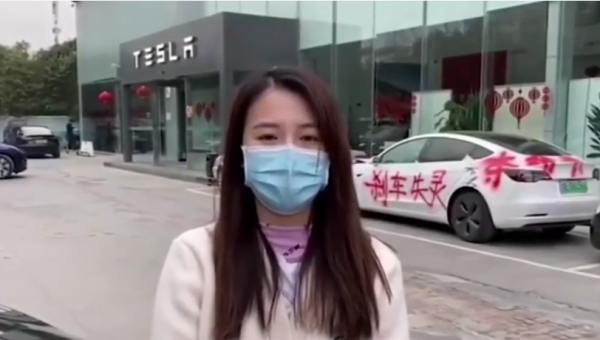
However, after buying the cars, owners can determine the type of batteries installed based on their vehicles’ battery range: Panasonic batteries last the most miles, LG Chem is second, and the lowest mileage indicates CATL batteries.
Since June 2020, there have also been several instances where Tesla Model 3s have caught on fire, alongside Chinese owned EVs. In order to protect the reputation of Chinese battery factories, the news was not reported in-depth and quickly squashed by state media.
In response to the incidents, Tesla officials said that China-made Model 3s catching fire while plugged into charging stations was not due to a design flaw, but rather a problem with Chinese power grids and the quality of the charging piles. The CCP was irked with Tesla’s comments and launched restrictive measures against the company.
Beginning in 2020 and continuing through the first quarter of 2021, the CCP has allegedly upped the pressure on Tesla in various ways — including a ban on vehicles made by the company entering ”military zones,“ consumer dispute lawsuits, and joint public sector announcements.
Starting on April 23, 2021, there have been various reports from Tesla owners in different cities across China saying they were stopped by traffic police and told, without explanation, they were not allowed on the highways.



